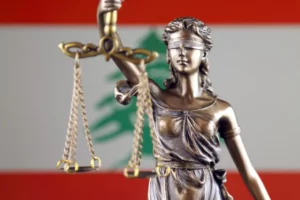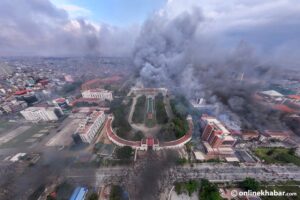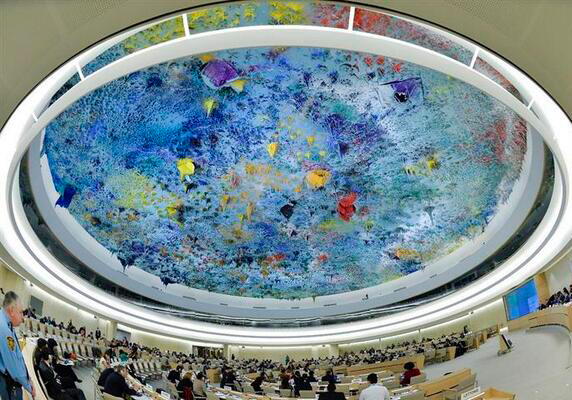
Jun 25, 2014 | Advocacy, Non-legal submissions
The ICJ made an oral statement at the UN Human Rights Council, highlighting a severe lack of domestic judicial capacity, and the large needs for justice in relation to gross violations and international humanitarian law, as well as ordinary civil and criminal matters, in South Sudan.
The ICJ reported in 2013 that, notwithstanding substantial legal reforms, the justice system in South Sudan was so under-resourced that statutory courts were effectively unavailable to a large majority of the population. Further, judicial appointment procedures were insufficiently independent or transparent to satisfy international standards. Customary courts have a greater presence, but rightly do not have criminal jurisdiction, and further do not meet international standards as regards, for instance, institutional guarantees for independence and impartiality.
In addition to the difficulties most residents already faced in accessing justice, the conflict has resulted in gross violations of human rights and international humanitarian law. South Sudan must ensure effective remedy and reparation for victims of such violations, and that anyone reasonably suspected of responsibility is investigated and, if there is sufficient evidence, prosecuted. At the same time, it must fulfill the fair and effective administration of ordinary civil and criminal justice.
Particularly given the scale and gravity of the violations, the South Sudanese justice system simply does not have the capacity to bear this burden, at least not alone. In addition to building the capacity of the domestic judiciary, it is clear that an international criminal tribunal, preferrably the International Criminal Court, will need to play a key role. Other states, too, will have to exercise all grounds of jurisdiction at their disposal, and deliver effective mutual legal cooperation.
The ICJ considers that the lack of an effective, independent and impartial court system in South Sudan may well have contributed to the rapid deterioration of the situation over the past months. Building an independent and impartial justice system in which all residents of South Sudan can have confidence is essential to preventing recurrence of the violations in the future.
HRC26-Oral statement on SouthSudan-Advocacy-non legal submission-2014 (full statement in PDF)
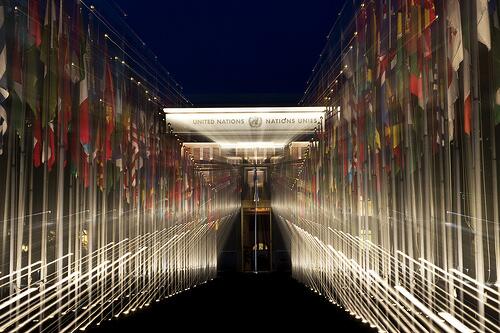
Jun 16, 2014 | Advocacy, Non-legal submissions
The ICJ today made an oral statement at the UN Human Rights Council, in the interactive dialogue with the Special Rapporteur on the independence of judges and lawyers, responding to her report on her visit to the Russian Federation.
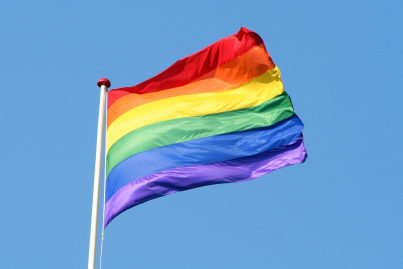
Jun 11, 2014 | Advocacy, Non-legal submissions
The ICJ, together with the International Lesbian and Gay Association (ILGA) and on behalf of ARC International, today delivered an oral statement to the Human Rights Council during an interactive dialogue with the UN Special Rapporteur on peaceful assembly and association.
The report of the Special Rapporteur addressed challenges faced by groups at risk, including lesbian, gay, bisexual, transgender and intersex persons.
The statement welcomed the report by the Special Rapporteur.
It referred to the Nigerian Same Sex Marriage (Prohibition) Act (which in fact criminalizes a much broader range of human rights-protected activities than its title would necessarily suggest), Uganda’s Anti-Homosexuality Act, and Ukraine’s draft law on “propaganda of homosexual relations”. All of these laws impede freedom of peaceful assembly of LGBTI persons. The Nigerian law also interferes with freedom of association, as it bans registration, funding and activities of “gay” organizations.
It also referred to Russia’s ban on “propaganda of non-traditional sexual relations”.
It emphasised the detrimental impact of such laws on the work of LGBTI human rights defenders and the activities of health care providers. It stressed that laws directly targeting the freedom of peaceful assembly or association of LGBTI individuals solely because of their sexual orientation or gender identity are inconsistent with international human rights law.
UN-HRC26-AssociationLGBTI-OralStatement-advocay-non legal submission-2014 (full text in pdf)
The report of the Special Rapporteur is available here.
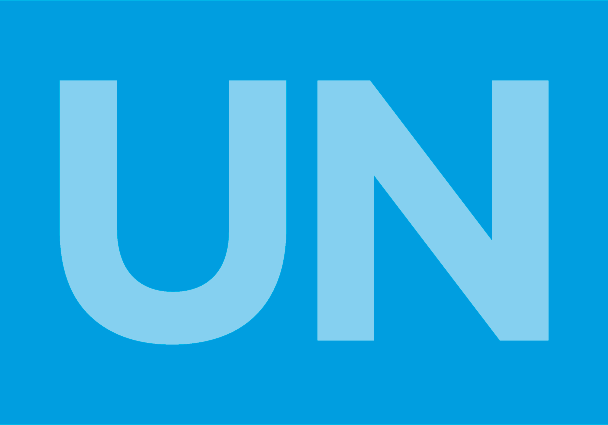
Mar 5, 2013 | Advocacy, Legal submissions, Non-legal submissions
The ICJ today requested the UN Special Rapporteur on the situation of human rights defenders to call on Zimbabwe, Angola, the Democratic Republic of Congo and Swaziland to take effective measures to prevent and end attacks on and persecution of human rights defenders.
The ICJ delivered its oral statement today during an interactive dialogue with the Special Rapporteur as part of the Human Rights Council’s 22nd regular session (25 February to 22 March 2013).
The ICJ also noted the need for these States to:
- Ensure adherence to international standards on detention and fair trial in cases where human rights defenders have been arrested;
- Conduct prompt and impartial investigations and, where human rights abuses are criminal in character, prosecute all persons responsible; and
- Ensure that affected human rights defenders have access to effective remedies and reparation for such abuses.
Also addressed to the Special Rapporteur on the situation of human rights defenders was a written statement submitted earlier this month concerning legislative restrictions on ‘homosexual propaganda’ that threaten LGBT human rights defenders.
SouthernAfrica-HRC22-IDItem3-SRHRDs-Non-LegalSubmission-2013 (download oral statement in PDF)
For the written statement click here
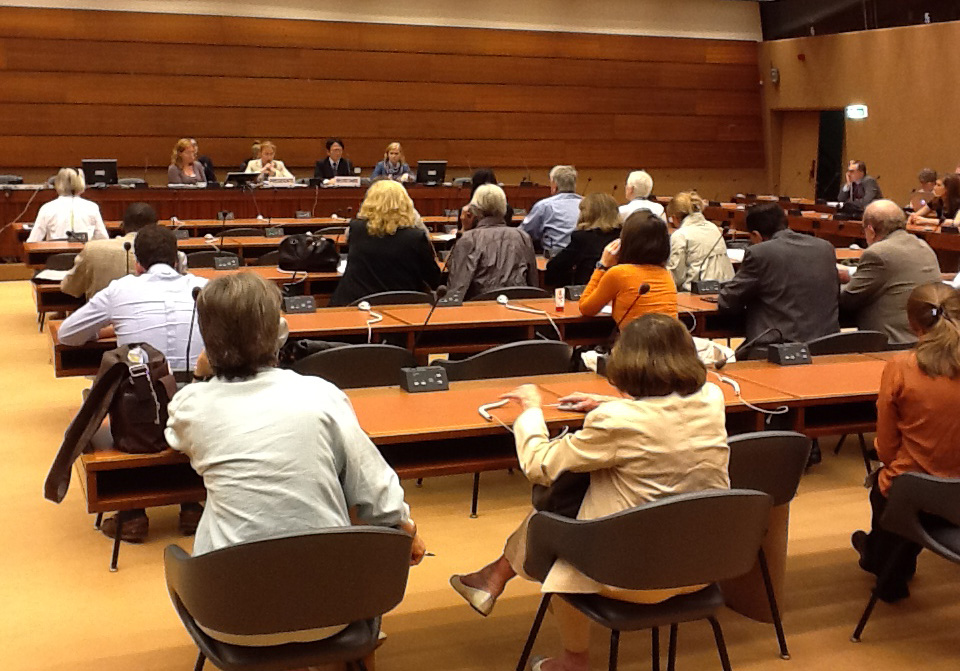
Sep 11, 2012 | Advocacy, Legal submissions
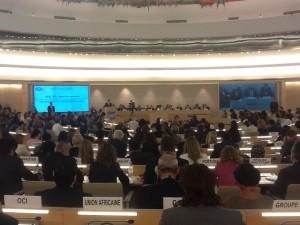 During the 21st session of the UN Human Rights Council (10-28 September 2012), the ICJ made an oral statement relating to the report of the UN Secretary-General on reprisals against persons cooperating with the UN and its mechanisms.
During the 21st session of the UN Human Rights Council (10-28 September 2012), the ICJ made an oral statement relating to the report of the UN Secretary-General on reprisals against persons cooperating with the UN and its mechanisms.
In a general debate concerning reports of the UN Secretary-General, including his report on reprisals against human rights defenders (HRDs), the ICJ delivered an oral statement on 11 September 2012 concerning impunity for attacks against HRDs in Sudan.
The ICJ’s statement called on the Human Rights Council to urge Sudan to:
- Protect the rights of HRDs, including those cooperating with the UN;
- Initiate a prompt, thorough, and independent investigation into incidents brought to the attention of the Council;
- Hold criminally accountable those responsible and ensure access to a remedy and reparations for the victims of such attacks;
- Guarantee the safe return and reintegration in Sudan of the human rights defenders concerned; and
- Repeal all laws that describe human rights activities as spying and espionage.
Sudan-HRC21-Item2-OralStatementReprials-2012 (download statement)
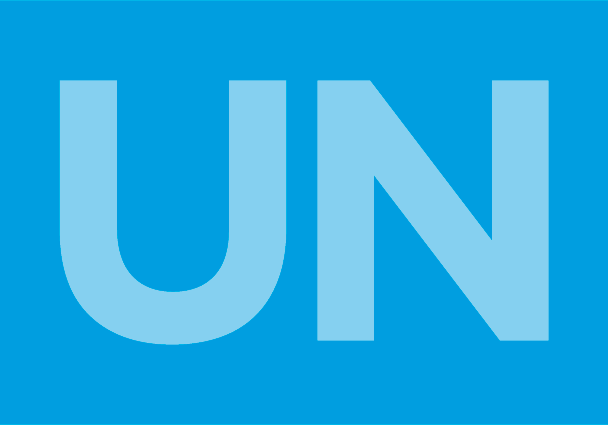
Mar 30, 2012 | Advocacy
During the 19th session of the Human Rights Council, the ICJ made an oral statement during the Council’s consideration and adoption of the outcome document in the Universal Periodic Review of Zimbabwe.
The statement focussed on the lack of human rights protection and respect for the rule of law in the country, particularly as this affects lawyers, journalists and human rights defenders more broadly, and called on the Government of Zimbabwe to halt the repression of legitimate peaceful protests and undertake reforms necessary for the conduct of independent and effective investigations into gross human rights violations and crimes under international law.
Zimbabwe-oral intervention UPR-advocacy-2012 (full text in English, PDF)









